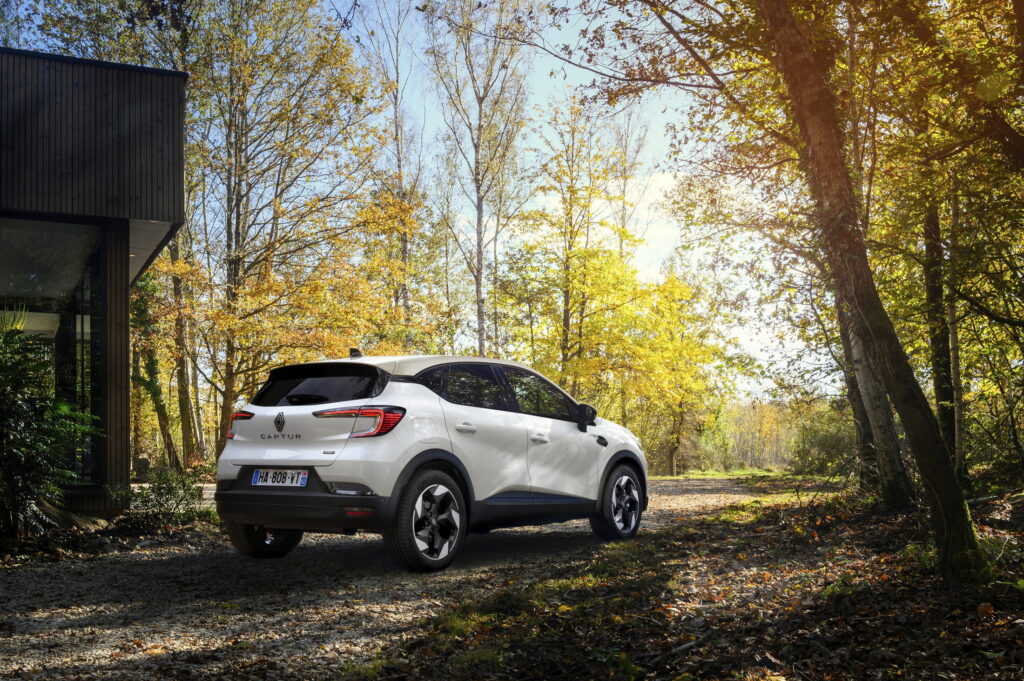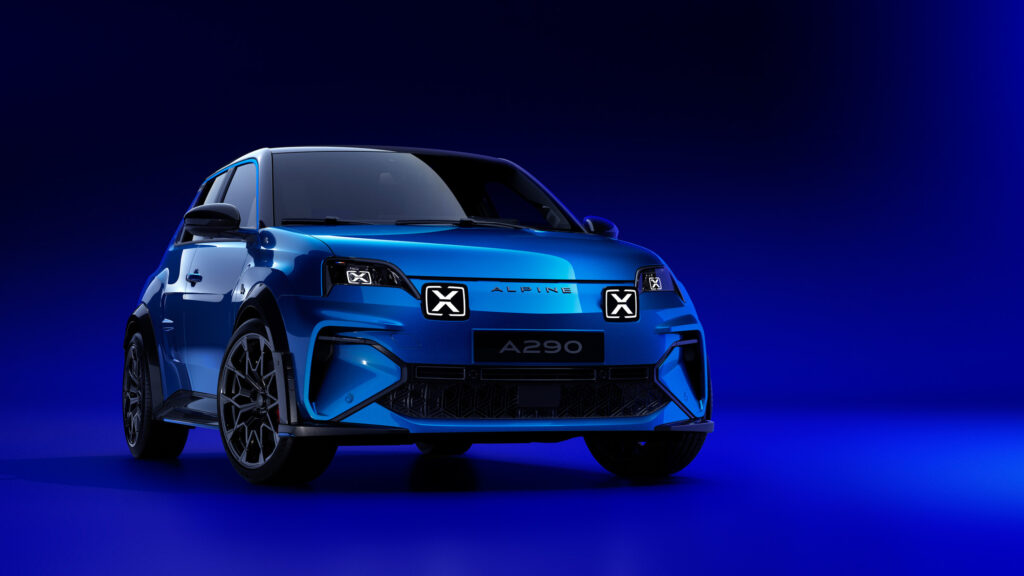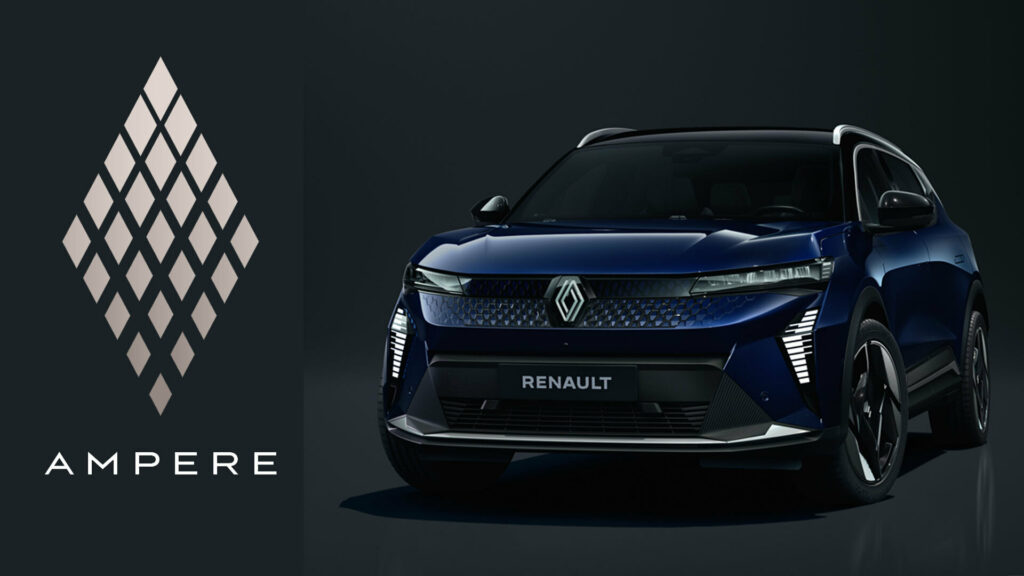- Lithium-iron-phosphate batteries are good for small and midsize cars.
- Renault’s first EVs with LFP batteries will launch in 2026.
- LG Energy Solution and CATL will manufacture the new batteries.
Renault will be able to slash its battery costs by 20% by adopting lithium-iron-phosphate chemistry alongside the nickel cobalt manganese batteries that it currently uses for its EVs.
The French manufacturer’s battery division, Ampere, will work alongside LG Energy Solution and CATL to source LFP batteries. Several Renault and Alpine models will use the cheaper new batteries, covering all of Renault’s battery needs until 2030. LFP batteries from CATL will be sourced from its plant in Hungary, while LG Energy Solution will produce its LFP batteries alongside the NCM cells it currently manufactures at a plant in Poland.
Read: Renault Pulls The Plug On EV-Focused Ampere’s IPO
Ampere will continue to source NCM batteries from AESC in France and Verkor, which is also based in France.
LG will work with Ampere on new cell-to-pack technology that allows more cells to be integrated within a pouch-style battery, further contributing to cost-cutting according to the carmaker.
The French marque says LFP batteries are well suited to small and midsize cars, and in addition to being less expensive, they are also less energy-intensive. Renault’s first models with new LFP batteries will be ready to launch in 2026.

“In a fast-changing and competitive environment, our battery strategy is proof of the efficiency of Ampere’s open and horizontal approach with best-in-class partners, ensuring smart capital allocation, flexibility and rapid execution,” Ampere chief operating officer Josep Maria Recasens said. “This plan is in line with Ampere roadmap to reduce costs by 40% before the next generation of vehicles.”
Renault had plans for an Ampere IPO in the first half of this year. However, executives confirmed earlier this year that equity market conditions were unfavorable and that Ampere was already performing better than expected, reducing the need for an IPO. Renault believes Ampere will reach a breakeven point in 2025 and wants to reduce the costs of EVs by 40% in one generation.




